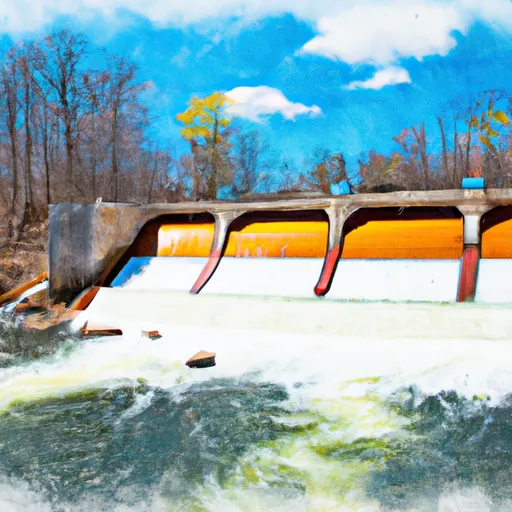Summary
Total streamflow across the
Muskegon River
was last observed at
3,100
cfs, and is expected to yield approximately
6,149
acre-ft of water today; about 94%
of normal.
Average streamflow for this time of year is
3,312 cfs,
with recent peaks last observed
on
2014-04-16 when daily discharge volume was observed at
25,400 cfs.
Maximum discharge along the river is currently at the
Muskegon River Near Croton
reporting a streamflow rate of 2,120 cfs.
However, the streamgauge with the highest stage along the river is the
Muskegon River At Evart
with a gauge stage of 7.58 ft.
This river is monitored from 2 different streamgauging stations along the Muskegon River, the highest being situated at an altitude of 997 ft, the
Muskegon River At Evart.
15-Day Weather Outlook
River Details
| Last Updated | 2026-02-19 |
| Discharge Volume | 6,149 ACRE-FT |
| Streamflow |
3,100.0 cfs
None cfs (None%) |
| Percent of Normal | 93.6% |
| Maximum |
25,400.0 cfs
2014-04-16 |
| Seasonal Avg | 3,312 cfs |
River Streamflow Levels
| Streamgauge | Streamflow | Gauge Stage | 24hr Change (%) | % Normal | Minimum (cfs) | Maximum (cfs) | Air Temp | Elevation |
|---|---|---|---|---|---|---|---|---|
|
Muskegon River At Evart
USGS 04121500 |
980 cfs | 7.58 ft | 37.45 | |||||
|
Muskegon River Near Croton
USGS 04121970 |
2120 cfs | 5.7 ft | 39.47 |
Seasonal Discharge Comparison
Maximum Streamflow Discharge
Streamflow Elevation Profile
Muskegon River is a river in the western portion of the lower peninsula of the U.S. state of Michigan. The river has its headwaters in Houghton Lake in Roscommon County, flowing out of the North Bay into neighboring Missaukee County. From there it flows mostly southwest to Muskegon, Michigan, where it empties into Muskegon Lake. Muskegon Lake is connected to Lake Michigan via a mile-long channel. The river has several major branches, such as the Hersey River, Cedar Creek and Little Muskegon River. The main stream is 216 miles (348 km) long and drains an area of 2,350 square miles (6,100 km2).
In September 2002 an often cited article, National Geographic raised concerns about a controversial deal made with Nestle Waters North America giving them permission "to bottle up to 210 million gallons (about 800 million liters) a year from an aquifer north of Grand Rapids, Michigan that recharges the Muskegon River."

 Morley Dam In T13N, R10W To Croton Dam Pond In T12N, R11W
Morley Dam In T13N, R10W To Croton Dam Pond In T12N, R11W
 Croton Dam In T12N, R11W To City Of Newaygo In T12N, R12W
Croton Dam In T12N, R11W To City Of Newaygo In T12N, R12W